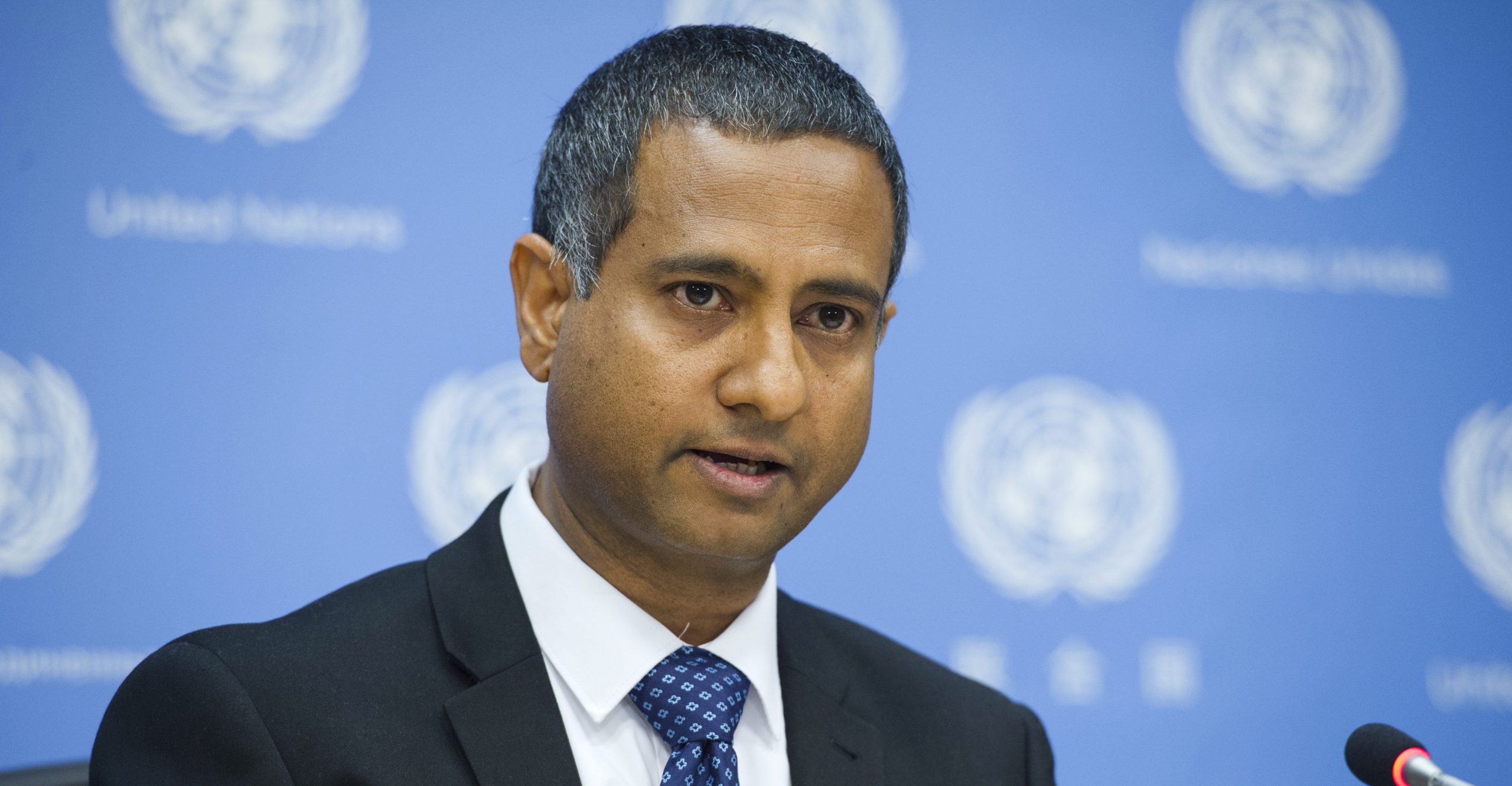Institutional suspicion and fear of Muslims and those perceived to be Muslims has escalated to ‘epidemic proportions’, the Human Rights Council has said.
United Nations Special Rapporteur on freedom of religion or belief, independent rights expert Ahmed Shaheed, while speaking at the council last week said that numerous States, regional and international bodies were to blame.
While citing European surveys in 2018 and 2019 he highlighted that nearly four out of 10 people pose negative views about Muslims, whereas, in 2017 30 percent of Americans perceived Muslims in ‘negative shadow’.
Expert targeted response of States to security threats and said that measures adopted by State not only target Muslims inappropriately but also define Muslims as high risk and at the risk of radicalization.
He said that the measures restrict Muslims from following their faith and belief system. The securitization of Muslim communities, limited access to citizenship, excluding them on socioeconomic strata and pervasive stigmatization of Muslims further leads to their marginalization.
Rapporteur pointed out that these inappropriate security developments to suppress Muslims are taking place ahead of 9/11 terror attack including all such acts of terrorism in the guise of Islam and in the name of Muslims.
He also raised objections about throwing stereotypical slurs on Muslims, due to their Muslim identity, names, skin color, appearance and religious outfits such as headscarves and skull caps.
“Muslims are in minority, Islamophobic discrimination and hostility were often intersectional, such as where Muslims women may face ‘triple penalty’ as women, minority ethnic and Muslim…Harmful stereotypes and tropes about Muslims and Islam are chronically reinforced by mainstream media, powerful politicians, influencers of popular culture and in academic discourse”, expert said.
The report presented by Shaheed stressed that critiques of Islam should never be conflated with Islamophobia, adding that international Human Rights law protects individuals, not religions. The criticism of ideas, leaders, symbols or practices of Islam is not Islamophobic in itself, unless it is accompanied by hatred or bias towards Muslims in general.
UN Expert encouraged States to adopt direct and indirect necessary measures to combat such systematic exclusion and discrimination of Muslims and to prohibit any advocacy of religious hatred that constitutes incitement to hate and violence.
Related
Ghazala Ahmad is the Delhi Correspondent for The Cognate.












































